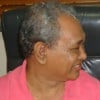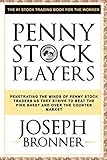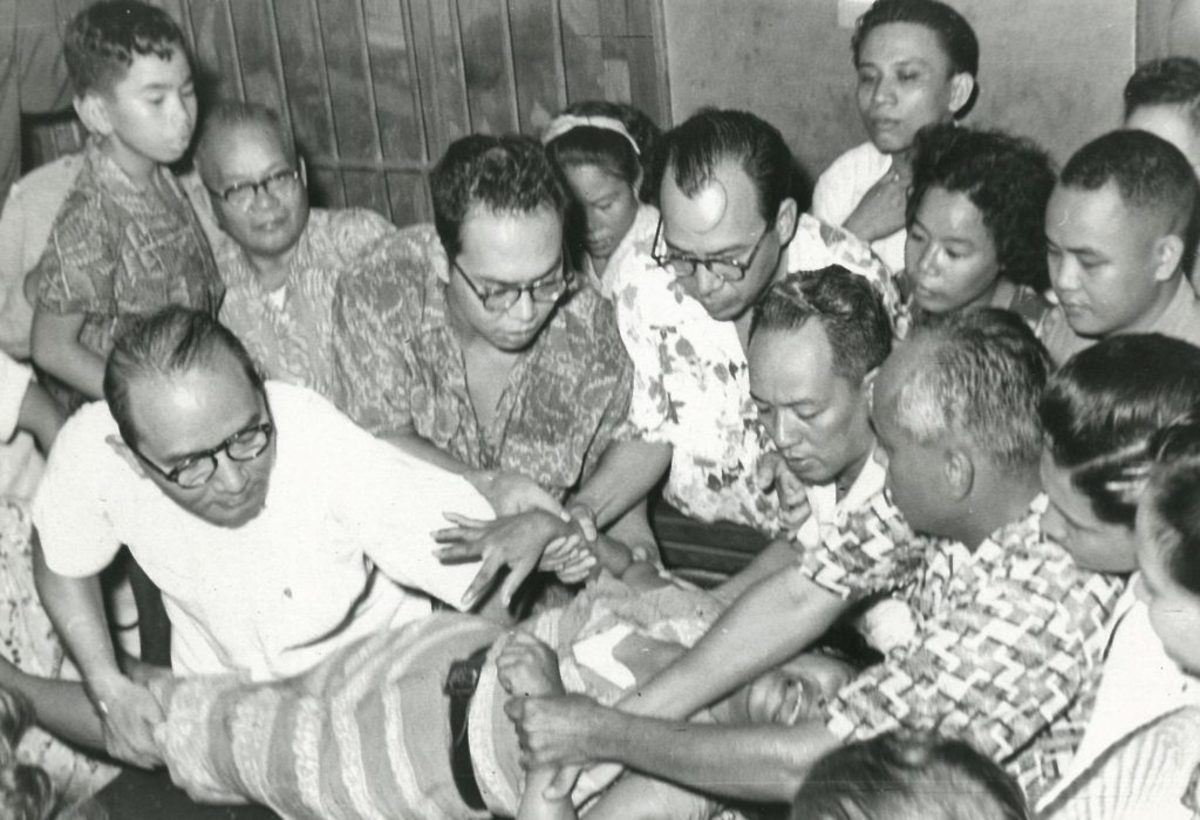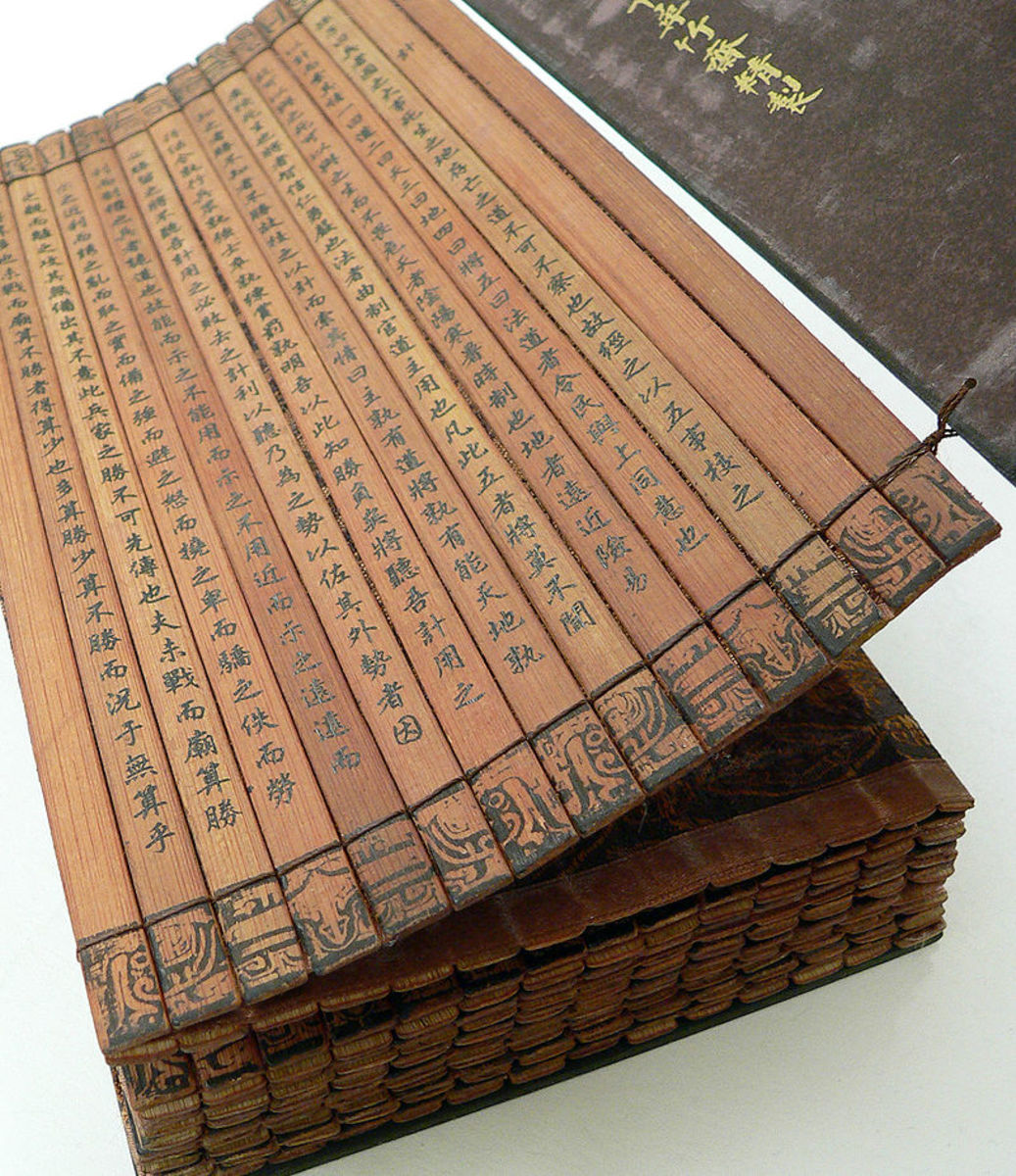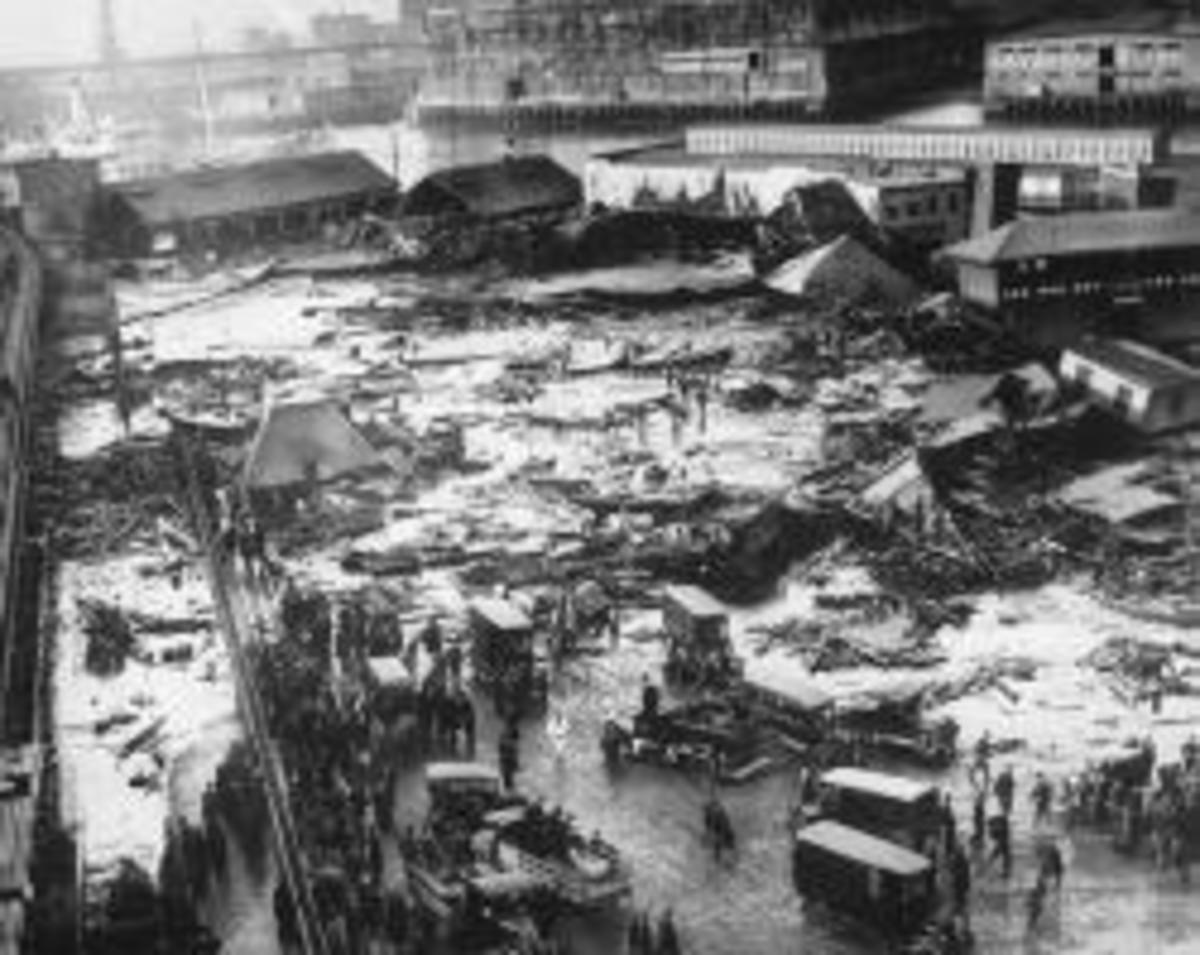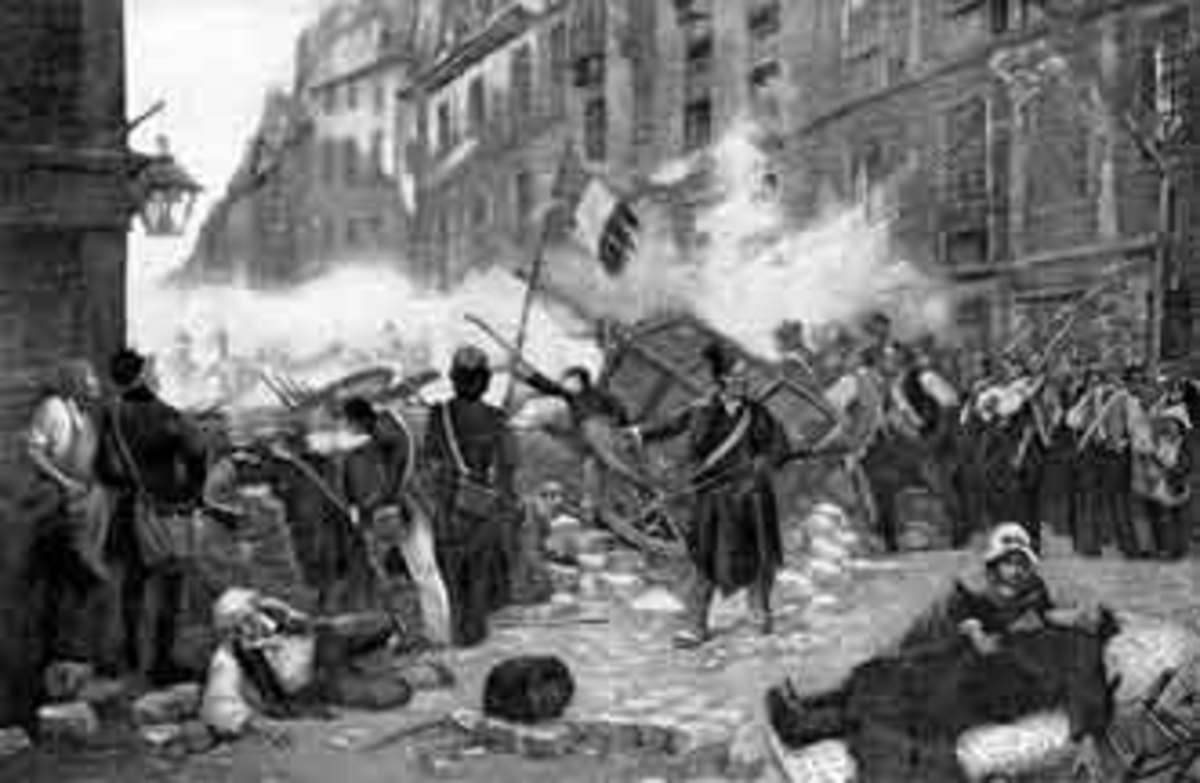Is the USA Doomed as History Appears to Repeat Itself?
USA located in North America
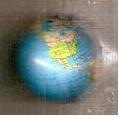
"Doom" has a religious color; history is unique
milleramanda53 asked this question: "Are we doomed as a society for history to constantly repeat itself?"
In her profile, I find that milleramanda53 is from Florida, USA so I presume that when she says "Are we..." she is referring to the USA.
We register our reaction to the question as an outsider. We focus our discussion on the concepts "doom" and "history repeats itself."
Doomed
“Doom” is a term with a religious connotation. It has elements of predestination and as a form of punishment. Doomed indicates failure on the part of the perpetrator; it is a judgment with accompanying sufferance. This judgment is passed upon accumulated misdeeds.
As a nation what could have been the misdeeds of USA?
Let’s start with the history of USA since 1783 when the 13 former British colonies gained their independence from the British empire.
Misdeed on Mexico
The occupation and grabbing of part of Mexico can be considered a misdeed of USA. That grabbing is called the American-Mexican war where the American army was victorious under the command of Gen. Zachary Taylor. That part of Mexico now comprises one-third of the contiguous territory of USA.
[Taylor himself would become president of USA. Under his command were soldiers who became prominent in the USA history: Jefferson Davis (then a colonel) who became president of the Confederate States of America; Gen. Winfield Scott who became chief of staff of the armed forces until the presidency of Lincoln; Gen. George McClellan who became commander of the North army in the American Civil War; Gen. Robert Lee who became commander of the South army under Davis; Gen. Ulysses Grant who became commander of the North army during the American civil war].
Misdeed on the Philippines
Another misdeed of USA is the conquest of the Philippines in 1899 to make it its first territory of its empire in the far east and as a jumping board to the great China market. The Filipino revolutionary leaders who were in exile in Hong Kong met with Admiral George Dewey. The Filipinos had the impression that the Americans were defenders of freedom. There was an understanding between Dewey and the Filipinos in exile that the Dewey would help in the fight for freedom of the Filipinos from Spain.
Upon their return the exiled Filipino leaders, with purchased arms, reactivated the armed revolution against Spain. They went as far as surrounding Manila, the capital of the Philippines and were about to capture the Spanish officials. Before they could do that, there was a battle between the USA navy under Dewey and the Spanish navy in Manila bay resulting in the defeat of the Spaniards. This was a mock battle because the Americans bought the Philippines from Spain. The point is that the Filipinos had virtually captured the Spaniards. That purchase was a ruse on the part of USA to make the Philippines its territory. Having realized the betrayal on the part of USA, the Filipinos went on to proclaim independence, lead by Gen. Emilio Aguinaldo in Kawit, Cavity on June 12,1898. The following year, Filipino leaders met in the first Philippine congress in Barasoain church in Malolos, Bulacan.
When the Americans started to implement their purchase of the Philippines, the Philippine-American war broke out. There was a great debate in USA whether to annex the Philippines or not. Mark Twain joined the debate against the taking of the islands. He said that if the annexation were for the enlightenment of the Filipinos he would go for it but if it were for business interest he would go against it. The business interests won.
The next misdeed of the USA against the Philippines is by turning this nation its neocolony. Filipino leaders were able to work out a peaceful way to independence where US control over the islands would end on July 4,1945. That was delayed to July 4,1946 because of the intervening World War II. That war saw the defeat of Japan, liberation of Korea from Japan, and support of the USA for Gen. Chiang Kai-shek, leader of Nationalist China that was pro-feudalism.
In post-WWII, the USA had some policies as follows:
“If conservative nationalists likely to shift the economic assets of a new state from the old colonial power toward the United States dominated the resistance, as in Dutch East Indies, Washington was anti colonial and pro-independence. Where, on the other hand, the Left controlled the resistance and had a mass base, the United States recommended trusteeship or a prolonged but ‘liberalized’ continuation of colonialism, as in Indochina and Korea” (Kolko, J. and G. Kolko. “Korea, 1945-1948: The American Way of Liberation.” The Limits of Power. 1972: 277-299).
In the Philippines, along these policies, the Americans dismantled the leadership of some groups. During the Japanese occupation, some patriotic Filipinos in central Luzon organized the Hukbo ng Bayan Laban sa Hapon (Army of the country against the Japanese) monickered “Hukbalahap.” This group had carried out some redistribution of land so acquired during the Spanish regime. They leaned toward the Marxist-Leninist ideology. In the first free election after the Japanese occupation, they had candidates who ran for Congress and won. These were charged with some contrived crimes like collaboration with the Japanese, and electoral fraud then tried, convicted, and imprisoned.
The USA pressured the Philippines to amend its constitution to allow Americans to exploit natural resources and engage in retail trade. Also the Americans were allowed to maintain military bases that were eventually terminated in 1990. Trade quotas were also imposed on some Philippine export items such that the economy would be tied up with the USA.
Misdeed on Korea
Another misdeed of USA is the destruction of Korea in a proxy war as part of the Cold War. During the Korean war (1950-53) the USA served as caretaker of the United Nations army; subsumed the South Korean army and provided the commander of these coalition. Gen. Douglas MacArthur was the first commander, succeeded by Gen. Bradley. The Americans bombed every building in the South and North Korea that could be used as shelter by the North Koreans (same source as above).
Misdeed on its allies in Europe
There are more misdeeds committed by the USA like the shaping of the economies of Europe after WWII to its advantage. This was an exercise in power that the USA acquired as a result of WWII. USA was the only source of credit at that time. In the loans under Marshal plan I and II, a country that applied for a loan of say, US$ 1 billion, would have to put up a counterpart of US$ 1 billion to make the whole package US$ 2 billion. The latter was charged an interest of 5% that belonged to USA. In effect, the borrower was paying interest on his counterpart of US$1 billion.
France, Great Britain and other European countries who were allies in the war effort to defeat Hitler’s Germany were not spared of Marshal plan loan scheme. One of the requirements was that any outstanding loan was given priority for settlement before the remaining amounts could be allocated for other items. Great Britain grumbled to no avail.
Misdeed of USA upon itself
If it is any commiseration or expiation on the part of USA, it has committed misdeeds upon itself. For example, conveying to private business the power to control the economy of the USA through the Federal ‘Reserve Bank. Today if the chairman of the Fed raised the interest rate by 1% the president of USA has nothing to do with this decision. The president cannot abrogate it if it proves to be detrimental to the USA economy.
The agnostic or the scientist or the modern executive will not agree with the concept of “doom,” especially if it has a religious connotation.
History repeats itself?
There are no laws of history as history is not a science. It belongs in the humanities according to a Filipino historian, Teodoro A. Agoncillo, author of “A History of the Filipino People,” published in 1990.
The recording of events and facts constitute the scientific part of history. For example, "Emilio Aguinaldo proclaimed independence of the Philippines from Spain in Kawit, Cavite on June 12,1898."
However, the interpretation of events belongs in humanities, for example:
"Magellan discovered the Philippines in 1521."
It is true, a scientific fact, that Magellan landed in Limasawa Island that year. But the interpretation that he discovered the Philippines is not true. The Chinese had discovered the Philippines much earlier. There had been trade between the Chinese and the natives before Magellan landed in Limasawa Island. The interpretation is a bias of at least Pigafetta, the chronicler of the expedition of Magellan
Another interpretation:
"Admiral George Dewey is the hero of the naval battle between the Americans and Spaniards in Manila bay in 1899."
Dewey is a hero to Americans but he is a villain to Filipinos. Also, the event was a mock battle because before that the Americans had bought the Philippines from Spain. The mock battle was a ruse to show the world that America won the Philippines in a war with Spain. The Americans could not buy the Philippines from Spain because the Filipino revolutionaries had already virtually captured the Spanish officials in Manila. At the time of the mock battle the Filipinos had virtually gained independence from Spain.
Narration in history also belongs in the humanities. For example in the following situation:
During the battle of Waterloo, the fleet of Adminral Horatio Nelson was engaged in a naval battle. Nathan de Rothschild had a personal courier among the sailors of Nelson. In one late evening his courier arrived giving him the news that Wellington had won over Napoleon Bonaparte. Nathan went to see the pertinent British minister to break the good news. Early in the morning Nathan sold blocks of his shares in the stock market. Other stock market players wondered why Nathan was selling but they surmised that the battle of Waterloo must have been lost. Nathan, a merchant banker, was the financier of the British expedition and it was in his interest to know the outcome of battle first hand they thought (Internet. July 5,2013)..
To lessen their losses due to the lost battle, so they thought, stockholders also sold blocks of shares.
Consequently the prices of shares plummeted. When the prices were sufficiently low Nathan bought back his shares and a lot more eventually making a profit.
Nathan did not see the minister that night; who was asleep when Nathan arrived. The minister's butler would not wake him up So the minister did not hear the news, therefore, he could not announce it.
The above statements in boldface are plausible explanations why other stockholders did not hear the news of Wellington's victory before they witnessed Nathan selling his stocks. Any body may cast doubt about the narrative of Nathan not meeting with the minister. However, this part of the narrative can connect the good news and the failure of the minister to make an announcement. This kind of narrative abounds in history; such a narrative belongs in the arts.
Every event in history is unique, as every flow of blood in an artery is unique, or the flow of flood waters is unique.
The psychology of man may follow a pattern and that pattern could be repeated. The craving for food is repeated often enough during the lifetime of man/woman. Of course a law in psychology is not a law in history.
